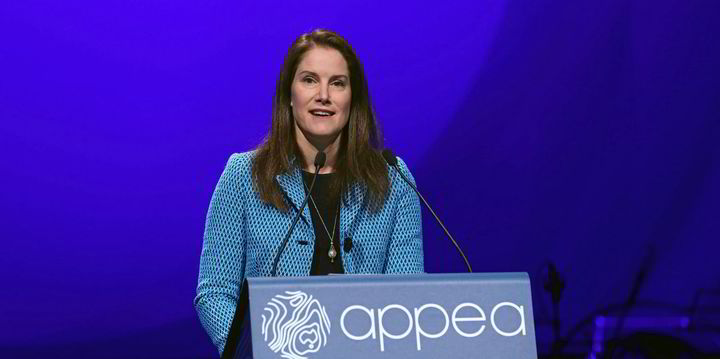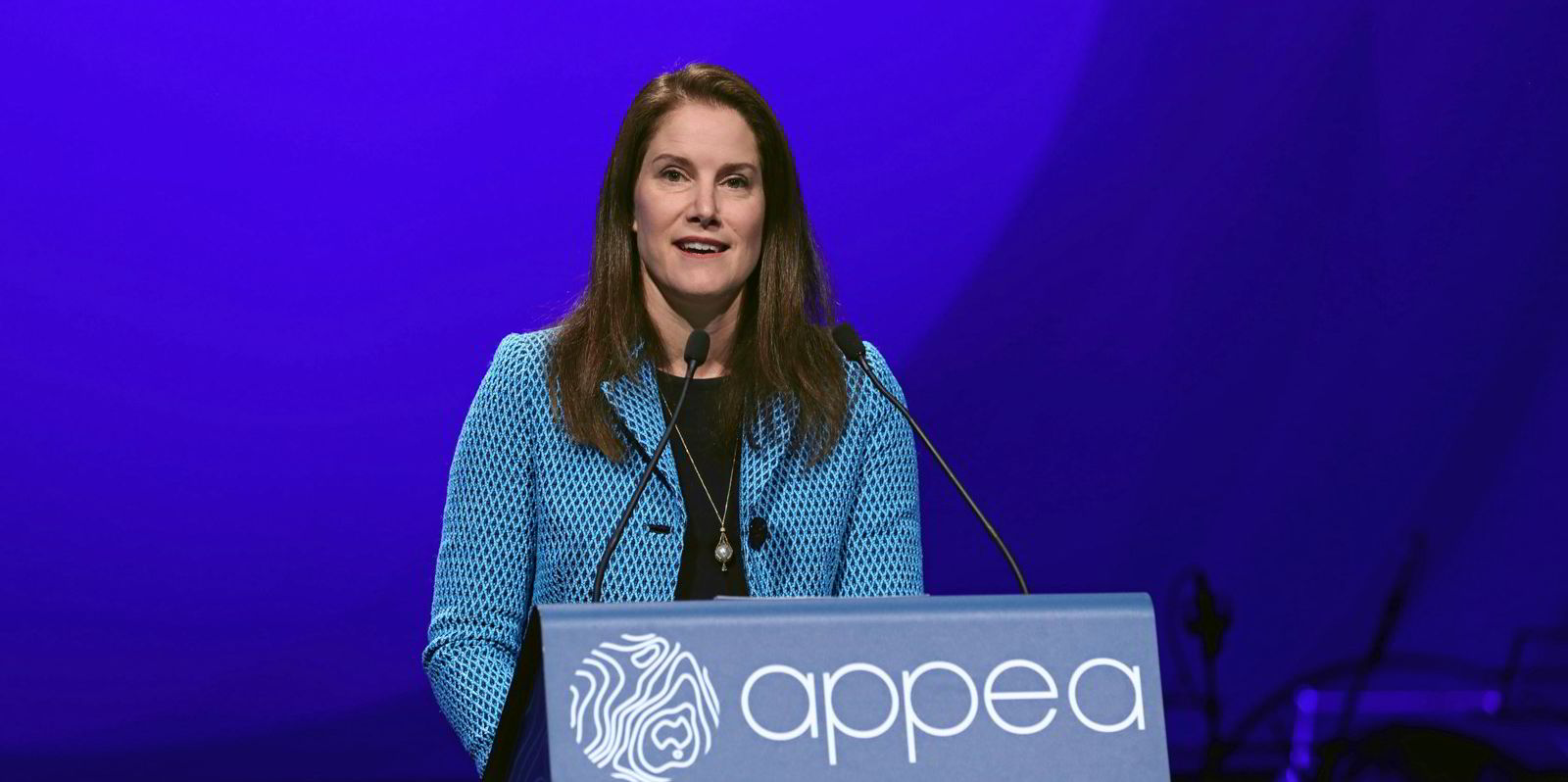UK supermajor Shell has restarted operations at its Pierce field in the UK central North Sea after upgrading the facilities to enable gas to be produced after years of having only oil output.
Significant modifications were made to the Haewene Brim floating production, storage and offloading vessel, which is used to produce hydrocarbons at Pierce. Also, a new subsea gas export line was also installed, connecting to the SEGAL pipeline system, which carries gas to landfall at St Fergus, north of Aberdeen.
To enable the upgrade, the FPSO, which is owned and operated by Bluewater, stopped producing in October 2021. It then spent six months in drydock where it was upgraded into a facility that could also produce gas, which had previously been reinjected into the reservoir.
Shell, which in 2019 took the investment decision on its Pierce expansion project, noted it is now increasing locally produced gas at the time when this additional supply is critically important for the UK’s energy security.
Satisfaction
“It’s a source of huge satisfaction when projects like Pierce come to fruition,” commented Shell upstream director Zoe Yujnovich.
Peak production is expected to reach 30,000 barrels of oil equivalent per day, which is more than twice the output before the redevelopment, with more gas being produced than oil.
Article continues below the advert
While the gas will be sent through newly installed subsea pipelines, the oil will still be offloaded and transported by tanker.
Shell operates Pierce with 92.52% equity on behalf of sole partner Ithaca Energy on 7.48%.
Pierce, which was discovered in 1975, flowed first oil in 1999. The field lies in water depths of around 85 metres.
The redevelopment is part of the operator’s wider intent to invest £20 billion to £25 billion in the UK energy system in the next decade, subject to board approval and a stable investment climate, 75% of which will be focused on the development of low and zero-carbon products and services.
However, Shell on Tuesday cautioned that to deliver this significant investment, projects must remain economically viable under the recently revised UK tax regime.
The company in 2018 and 2019 sanctioned other projects including Penguins alongside tie-backs from fields such as Fram and Arran to existing platforms in a move to sustain its North Sea production.

